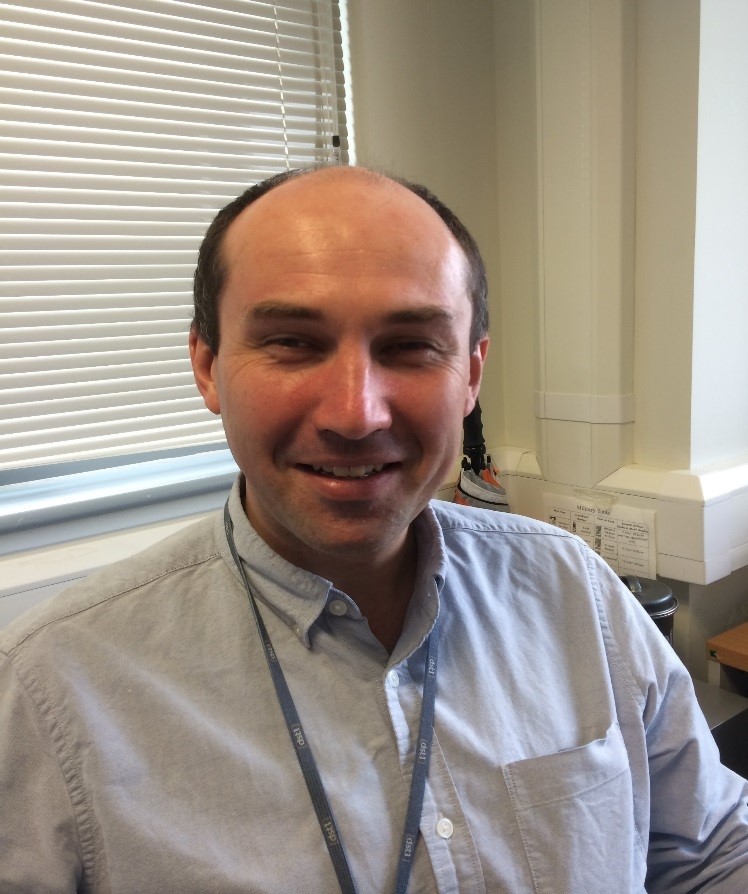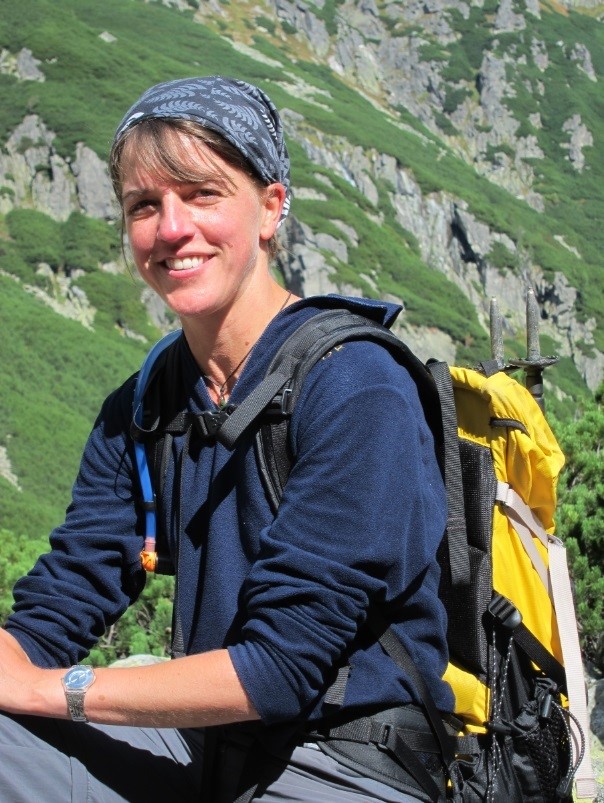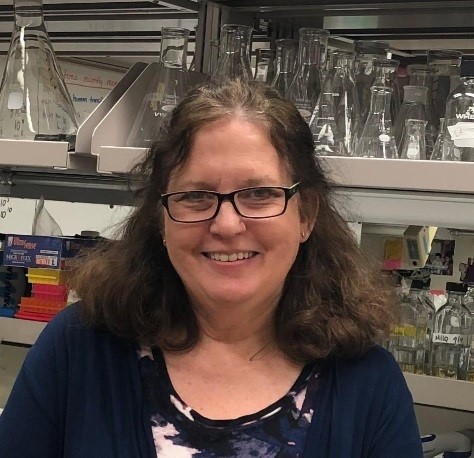Invited Keynote Speakers

Professor Tim Atkins
Defence Science and Technology Laboratory, UK
Prof. Tim Atkins is the Dstl Senior Fellow within the CBR division of the Defence Science and Technical Laboratory at Porton Down. Educated at Aberdeen University as an undergraduate he went on to complete a PhD at Imperial College London. Prof Atkins is the senior scientist with the division overseeing the technical content of the research programme. He is specifically responsible for the content of a programme of work to develop novel medical countermeasures (MCM) to biothreat agents and is the Lead Technical Reviewer for the majority of the programme. The biological MCM programme covers a range of technical specialisations including pre-treatments and therapies, bacterial and viral biothreat agents, high containment working and the development of animal models of infection. Prof Atkins’ has expertise in research and development of medical countermeasures to biothreat agents and extensive linkages to external academic and industry groups working in this area. Previously, Prof Atkins has been seconded into MoD where he led a team of assessment staff. Currently, he holds a visiting position at Exeter University. He has sat as a member of committees ranging from fatal accident investigation to review of grant applications to charitable trusts.

Dr Susanne Gebhard
University of Bath, UK
Susanne trained in molecular microbiology in Germany and New Zealand. Her PhD work was focused on transport systems and their regulation, while her first postdoctoral project saw her shift her research towards the regulation of antibiotic resistance. With her move back to Germany in 2009, Susanne combined these two interests and began to investigate how a transport system can play an active role in bacterial signalling. With this new project, she established an independent junior research group in Munich. In 2014, she moved to the UK to take up a lectureship in Medical Microbiology at the University of Bath, where she is continuing and expanding this work.

Professor Paal Skytt Andersen
Staten Serum Institute, Denmark
Professor Skytt Andersen conducts research in the fields of genetic epidemiology, microbiomics, bioinformatics, and host-pathogen interactions. The primary focus of his research has been susceptibility to disease both infectious diseases (such as Staphylococcus aureus infections) and complex diseases such as inflammatory diseases (e.g. Inflammatory bowel disease and rheumatoid arthritis). This has involved the establishment of biobanks; human genome-wide association studies (GWAS) and bacterial GWAS in international collaborations including those with Prof. Vance Fowler, Duke University, NC, USA and Prof. Francois Vandenesch, University of Lyon, France. He is deeply involved in genomic epidemiology to better understand the evolution of virulent bacterial clones and antibiotic resistance. Dr Skytt Andersen also performs research within the field of microbiomics to understand microbial communities and their role in promoting or preventing disease (e.g. MRSA colonization, Atopic dermatitis; inflammatory bowel disease).

Professor Ann Jerse
Uniformed Services University, USA
Dr Jerse has worked in the field of sexually transmitted infections since 1991 and developed the first small animal models of Neisseria gonorrhoeae (Gc) genital tract infection and Gc/chlamydial coinfection for studying pathogenesis in a whole model system and to accelerate product development. To help in the surveillance against antibiotic resistant Gc, Dr Jerse’s laboratory also maintains a biorepository for Gc isolated at U.S. military treatment facilities and overseas sites. She also studies how compensatory evolution and fitness advantages conferred by certain antibiotic resistance alleles contribute to the spread of antibiotic resistant Gc. Translational research includes the development of gonorrhea vaccines and the pre-clinical testing of candidate antibiotics, vaccines, and vaginal microbicides against gonorrhea through agreements with NIAID or outside universities and pharmaceutical companies.

Professor Richard Titball
University of Exeter, UK
Rick Titball is Professor of Molecular Microbiology at the University of Exeter. He moved to the University of Exeter from the Defence Science and Technology Laboratory (Dstl) at Porton Down in 2007, where he was a Senior Fellow. He has worked on bacterial pathogens of humans and animals including Burkholderia pseudomallei, Yersinia pestis and Clostridium perfringens and developed vaccines against plague and C. perfringens toxins which are now being exploited by industry. His work at Exeter is directed towards understanding the molecular basis of virulence of
B. pseudomallei and C. perfringens and the molecular biology of toxin-antitoxin systems. At Exeter an underpinning feature of his research has been the use of alternative infection models, including G. mellonella larvae, to study disease. He has published over 300 peer-reviewed papers including work in Nature, Science and PNAS. He has 18 currently active patents. In 2015 he co-founded Biosystems Technology, a company developing alternatives to mammals for biological research development and testing. His work has been funded by the UK Dstl, BBSRC, MRC and Wellcome Trust, Innovate UK and NC3Rs and internationally by the Cariplo Foundation, US NIH and US DTRA.